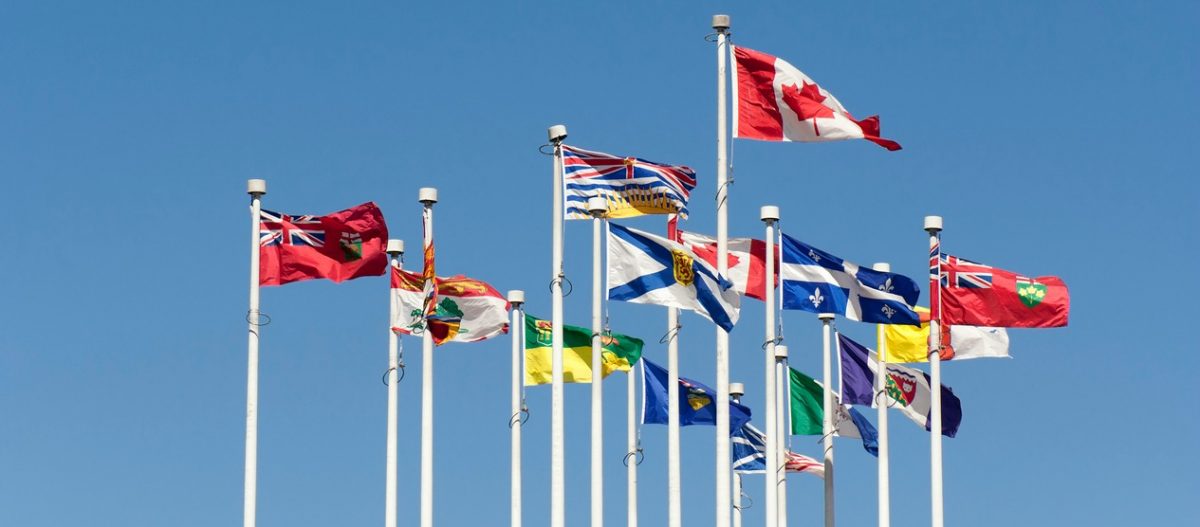Far from contributing to Canada’s economy, ever since the mid-1980s, immigration has in fact cost the country billions of dollars that will never be recovered, argues Herbert Grubel, Professor Emeritus of Economics at Simon Fraser University in British Columbia.
As new residents of Canada, immigrants become consumers of the country’s public services – from healthcare and education to infrastructure and public transit. These services are financed through taxes, which are collected according to people’s incomes.
But since the late-1970s the incomes of immigrants began to significantly lag behind those of Canadian-born citizens. According to the census data compiled by Statistics Canada, recent immigrants on average earn about 60 to 70 per cent of what an average Canadian earns and for that reason they pay only about half of what an average Canadian pays in income taxes, Grubel says.
“When you take into consideration that these immigrants at the same time are absorbing all of the services per capita, the same as the average Canadian, you get a difference in what they pay and what they get from the government of about $5,000 a year per person, which given the number of immigrants we in Canada comes to about $30 billion a year fiscal burden,” Grubel says. “This is a huge amount, it grows every year and there is no prospect that it will be ever repaid.”
Grubel agrees that immigration increases the overall size of the economy but argues that it also significantly diminishes the country’s per capita income. In other words, while the proverbial pie gets bigger, each Canadian’s individual share of that pie keeps getting smaller and smaller.
In a 2014 study for the Fraser Institute, a conservative think-tank, Grubel and his co-author Patrick Grady argue for a two-prong solution to what they see as Canada’s immigration fiscal burden.
First, give businesses a much greater say in determining who immigrates to Canada but also force them to pay their immigrant workers adequate wages to bridge the wage gap between immigrants and more established Canadians.
Second, Grubel proposes to drastically cut the number of immigrants admitted into Canada each year from about 300,000 to 100,000.
Grubel disputes the findings of economists Krishna Pendakur and Mohsen Javadi who argue that each new immigrant costs the Canadian economy about $450 per year, far less than the numbers presented by Grubel and Grady.









Jan Marquis | 14 December 2022
|
Massive immigration created a housing and apt shortage across Canada. I just lost my apt in new brunswick and there is no other else to Live. I had to leave the province. I was born THERe. I also am not being hired Because I am overt 50. We should not have any i immigration for 5 years. Many Imm igrants are taking all the jobs from white and nativ3 canadians and they have more help that we pay for. Also many hav3 kids and get 500 per child a month and have no ROots here so aga8n it’s us paying for them. Some takeover white STORES and its all their race they fire all local people.
Canada has been Christian for over 400 yrs we dont want to lose our religion or holidays. I am now in Ottawa again no housing for 10 yrs thanks to government and I’mmigration. I also cannot go out at night it’s not safe. I am TREATYed rudely b6 some cultures usually always the females and even in the housing office. Every race has to take care of their own but we whites are not responsible for other cultures. Our middle class is falling.
Many colleg grads return home owing 35000 or more and cannot find any work at all as newcomers take all their jobs..youth unemp.oyment is 40 percent. We have 1 million homeless now and CLIMBING..